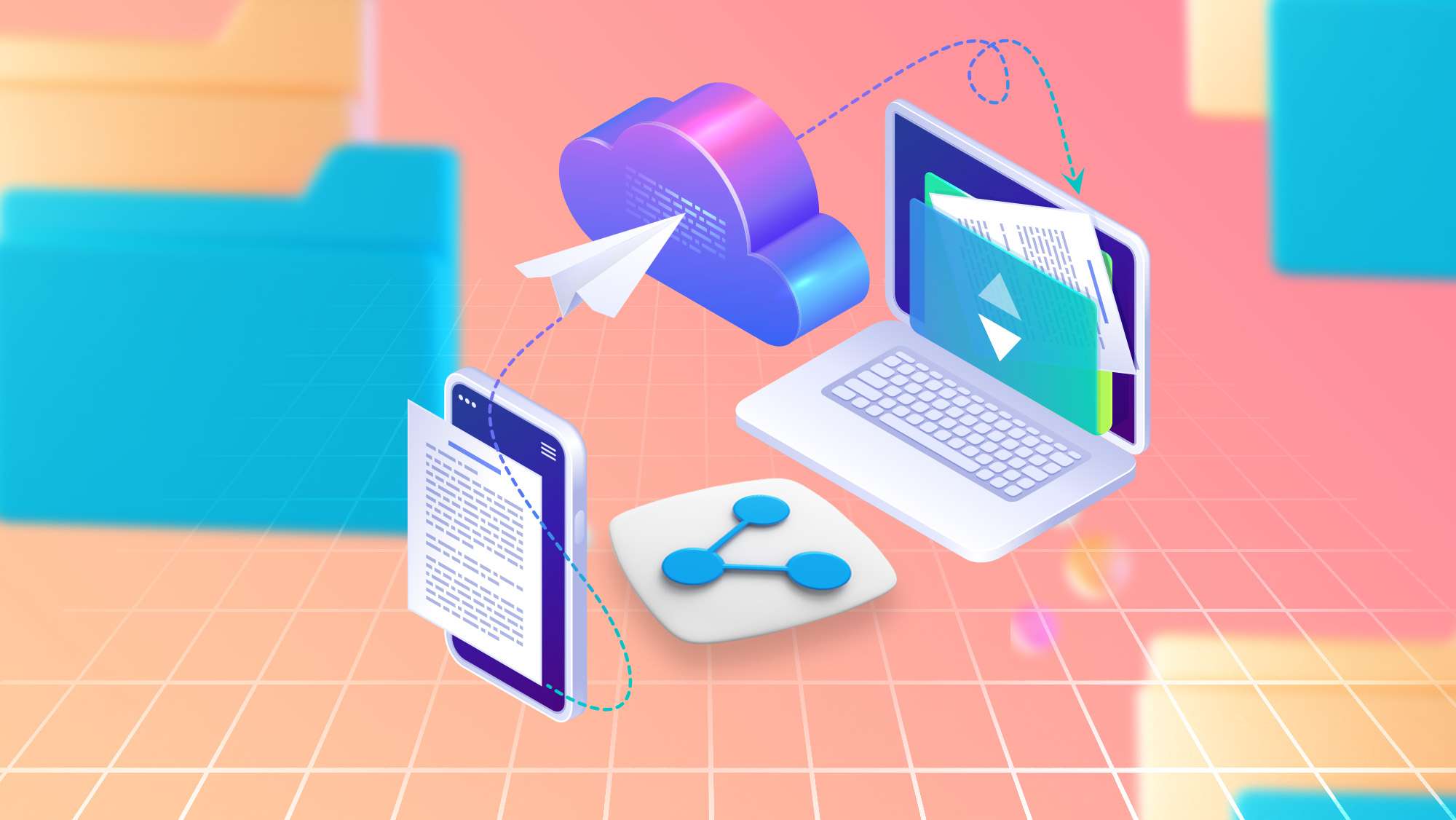Table of Content
Customer Relationship Management (CRM) and Enterprise Resource Planning (ERP) are two essential systems that businesses use to manage various aspects of their operations. CRM focuses on managing customer interactions and relationships, while ERP focuses on managing core business processes like finance, manufacturing, and inventory management.
Integrating CRM and ERP Systems can Provide Several Benefits to a Business, Such as
Improved Data Sharing
Integrating CRM and ERP Systems allows for seamless data sharing between the two systems, enabling businesses to have a 360-degree view of their customers, products, and sales processes.
Increased Efficiency
Integration eliminates the need for manual data entry and reduces the chances of errors, freeing up time for employees to focus on more critical tasks.
Enhanced Customer Experience
Integration allows businesses to deliver a more personalised and efficient customer experience by accessing all customer data, including purchase history, customer service interactions, and marketing activities, in one place.
Streamlined Sales Processes
Integration allows businesses to streamline sales processes by automating tasks such as order management, invoicing, and inventory management.
Improved Decision-Making
Integration provides businesses with real-time insights into customer behaviour, sales trends, and other key metrics, enabling them to make informed decisions and take timely actions.
To integrate CRM and ERP systems, businesses can use middleware or integration platforms that can map data fields between the two systems and automate data transfer. It's crucial to ensure that the integration is done correctly and regularly maintained to avoid data inconsistencies and errors.
What is ERP?
ERP stands for Enterprise Resource Planning. An ERP software is a type of software system that helps organisations manage their business processes, automate repetitive tasks, and integrate various business functions into a single system.
ERP Systems facilitate the exchange of data between several departments and bring them all together, under one roof. ERP systems avoid data duplicity and ensure data integrity by providing a reliable source of truthful information by gathering an organisation's transactional data from several sources.
ERP systems are essential for managing several organisations today, regardless of size or the type of industry they are serving. ERP is as essential to these businesses as the power that keeps the light bulbs burning in an office.
What is CRM?
CRM stands for "Customer Relationship Management," which refers to the practices, strategies, and technologies companies use to manage and analyse customer interactions and data throughout the customer lifecycle, to give rise to longstanding customer relationships, while facilitating customer retention and enhancing the growth of sales.
CRM systems typically include tools for sales management, marketing automation, customer service, and analytics, all of which help businesses to understand and respond to the needs of their customers more effectively. The data collected through CRM systems can be used to track customer behaviour and preferences, provide personalised marketing and support, identify new sales opportunities, and ultimately increase customer satisfaction and loyalty.
Benefits of Dynamics 365 ERP & CRM Integration for Sales
Why would you want to have two different software solutions for ERP & CRM, when you can integrate them? Let us explore in detail the major benefits of Dynamics 365 ERP & Dynamics 365 CRM integration for your business
Improve Record Maintenance
The idea behind integrating ERP & CRM is simple. It will help minimise the inconsistencies associated with data entry (and the maintenance of records). Having all your customer’s data in one place would help you develop customised and personalised solutions to meet all your customers’ demands. This is exactly what Microsoft Dynamics 365 CRM provides you with when you integrate it with ERP software.
Provide the Right Product to the Customer at The Right Time
Having the customer data right in front of your eyes will help understand and determine consumer behaviour and trends. A customer’s past complaints and order history can help you understand his/her requirements. This would provide you with an opportunity to offer the right product to your customer (at the right time). You can opt for Microsoft Dynamics 365 software right now to streamline all your business operations.
Easy and Simplified Inventory Management
Integrating the CRM with ERP will help keep the inventory in check. Cloud-powered inventory management solutions would help forecast which stocks to replenish. Simply put, this would ensure that the supply chain is in tandem with demand. This means there will not be any inventory shortages. So, it can easily be said that things would become far simpler and more convenient than usual if you choose to go for Microsoft Dynamics 365 Integration.
Integrated and Centralised Customer Record Database for Customer Service Executives
There are several departments within an organisation, right from sales to marketing and everything in between. Cross-functional collaborative efforts can be leveraged using integrated technology. Departments and divisions cannot collaborate if your business software does not ensure inter-departmental communication. If there is a standalone system in place, it will end up giving rise to operational and informational silos. Having a system that gives rise to inter-departmental silos is much worse than having no system (software) at all.
Why are ERP Software Solutions Critical to the Success of your Business?
ERP software solutions are critical to a business's success for several reasons
Centralised Data Management
ERP software provides a centralised database for businesses to store and manage their data. This allows different departments to access the same data in real-time, reducing the likelihood of errors and inconsistencies.
Streamlined Business Processes
ERP systems help streamline business processes by automating routine tasks, such as accounting, human resources, and inventory management. This saves time and reduces errors, allowing employees to focus on more strategic tasks.
Better Decision Making
ERP systems provide real-time data and analytics, enabling businesses to make better-informed decisions. This is especially important in fast-moving industries where decisions need to be made quickly.
Improved Customer Experience
ERP software solutions can help businesses provide a better customer experience by allowing them to track orders, inventory levels, and delivery times accurately. This leads to faster delivery times, fewer errors, and higher customer satisfaction rates.
Example
Let's say a manufacturing company is using different software systems for managing its accounting, inventory, and production processes. The accounting team uses one software system, the inventory team uses another system, and the production team uses a third system. As a result, there is no integration between the different systems, leading to data duplication, inconsistencies, and inefficiencies.
By Implementing an ERP Software Solution, the manufacturing company can integrate all its business functions into one centralised system. The accounting team can access real-time financial data, the inventory team can track inventory levels and orders, and the production team can schedule production runs and manage the supply chain.
As a result, the company can
- Improve operational efficiency by reducing data duplication, inconsistencies, and manual processes.
- Increase productivity by automating routine tasks and providing real-time data and analytics
- Enhance customer satisfaction by delivering products on time and reducing order errors
- Minimise the costs incurred by organising processes and eliminating data duplicity
Overall, ERP software solutions can help businesses achieve their goals by providing a comprehensive view of their operations, enabling them to make informed decisions and drive growth.
Conclusion
Dynamics 365 CRM & ERP integration seems to have taken the world of business (sales) by storm. All those who have been on the lookout for a user-friendly ERP and CRM solution to power their sales and boost their revenue can check out Microsoft Dynamics 365 solutions now. Why wait? Contact Dynamics 365 Consultants now and be ready to take your business productivity up by several notches.

Witness a scalable transformation
Experience real-time synchronisation and flexibility with a consistent view across your business.
Disclaimer– “All data and information provided on this blog is for informational purposes only. Dynamics Square / MPG Business Information Systems Pvt. Ltd. makes no representations as to accuracy, completeness, currentness, suitability, or validity of any information on this site and will not be liable for any errors, omissions, or delays in this information or any losses, injuries, or damages arising from its display or use.”













